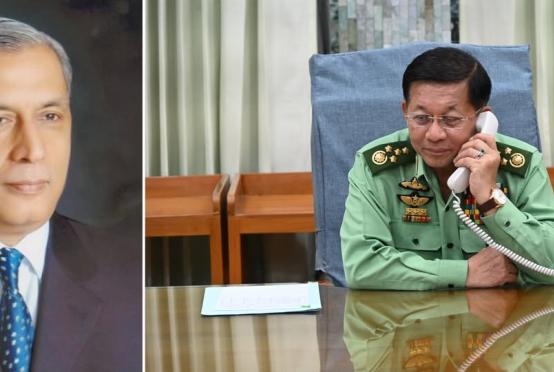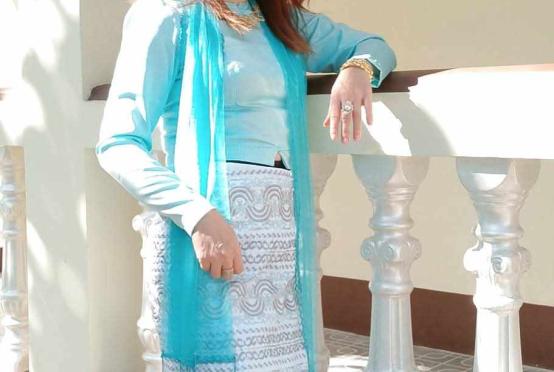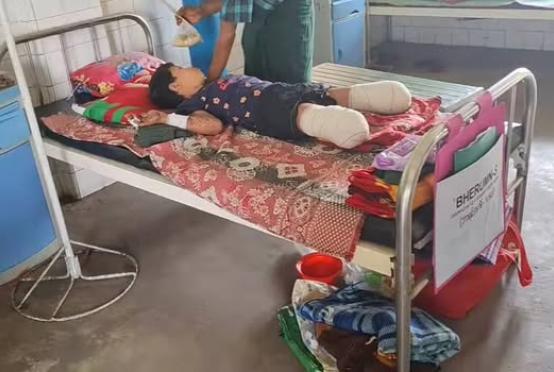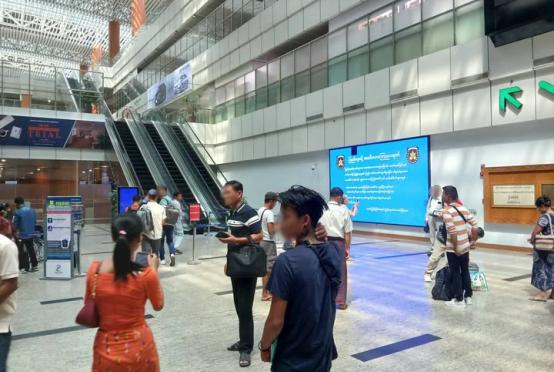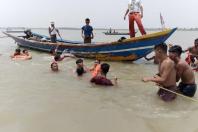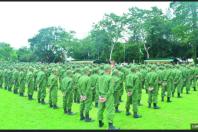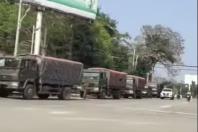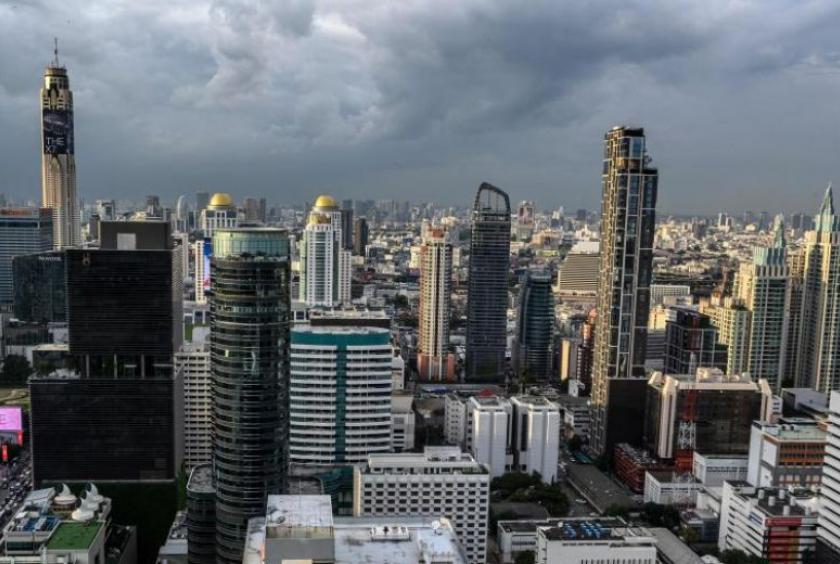
BANGKOK/ANN - Thailand will open its first fake news centre by Nov 1 to combat unverified news circulating on social media platforms, said Minister of Digital Economy and Society Buddhipongse Punnakanta on Wednesday (Sept 25).
"These days anyone can be a reporter. Anything can be posted and shared. Thai people love to share. But who has taken responsibility for such information and reflected on what impact it has on society?" Mr Buddhipongse said at a forum on data privacy.
The goal of the centre will be to identify information that may not be factual, verify the facts and then disseminate an accurate picture to the public via a new website, Facebook and the Line chat application.
The centre will look at several areas on which fake news is commonly circulated, including natural disasters, financial matters, health products and illicit goods, as well as government policies.
The centre, located in Bangkok, will be manned by ministry staff, state enterprise personnel, civic groups, university staff, and the Thai Journalists Association.
"This is not solely a government initiative, as we have sought cooperation with civil society and the private sector," the minister told The Straits Times.
"These people will not be involved in tracking down individuals; it's for state officials to do so. I have requested each agency to provide at least three people because we need to verify each piece of information within two hours," he added.
The centre's opening will come two months after Thailand proposed that tech companies establish anti-fake news centres in each of the 10 Asean countries.
The council of Asean telecoms regulators has accepted Thailand's proposal, and guidelines on the issue are expected to be formally adopted at the November Asean summit, a source told Reuters.
ST conducts workshop on how to tackle fake news and analyse news reports critically
There have been worries in Thailand that fake news has been spreading tensions within society.
Since taking up the ministerial post in July, Mr Buddhipongse, who served as a government spokesman during the military regime under Prime Minister Prayut Chan-o-cha, has taken it upon himself to quell false rumours. One of these suggested that the authorities would designate a special security zone following a series of bomb blasts in Bangkok in early August.
In a Facebook post made on Sunday, Mr Buddhipongse said equipment was being installed and tested at the centre, with artificial intelligence (AI) and experts being deployed.
"I'm the one initiating it, so I will make it happen and it will work well," he wrote.
Opposition politicians and human rights groups worry that the aim of the initiative is primarily to help the government itself.
"I agree with the minister that fake news is a big challenge faced by Thai society nowadays. But what I'm concerned about is the government's impartiality in carrying out this task," said Pannika Wanich, spokesman for the Future Forward Party.
"We're not sure if this will be just another tool to control people's opinions, judging by the ministry's track record," she added. Some people running fake stories against the government online were arrested two weeks ago.
"The Anti-Fake News Center is likely to be a tool for censorship. The policy of Thai authorities over the past five years has focused exclusively on clamping down and punishing critics and dissidents even for comments made in good faith," said Mr Sunai Phasuk, Human Rights Watch's senior Thailand researcher.
"Meanwhile, there has been no concrete responses to misinformation and online hate campaigns targeting pro-democracy activists and human rights defenders," he added.
Mr Buddhipongse denied the allegation, saying the government has no political motivation in establishing the centre.
"This is for the benefit of all," the minister said.
According to Thailand's strict computer crime law, anyone found guilty of disseminating false information face up to five years in prison.


